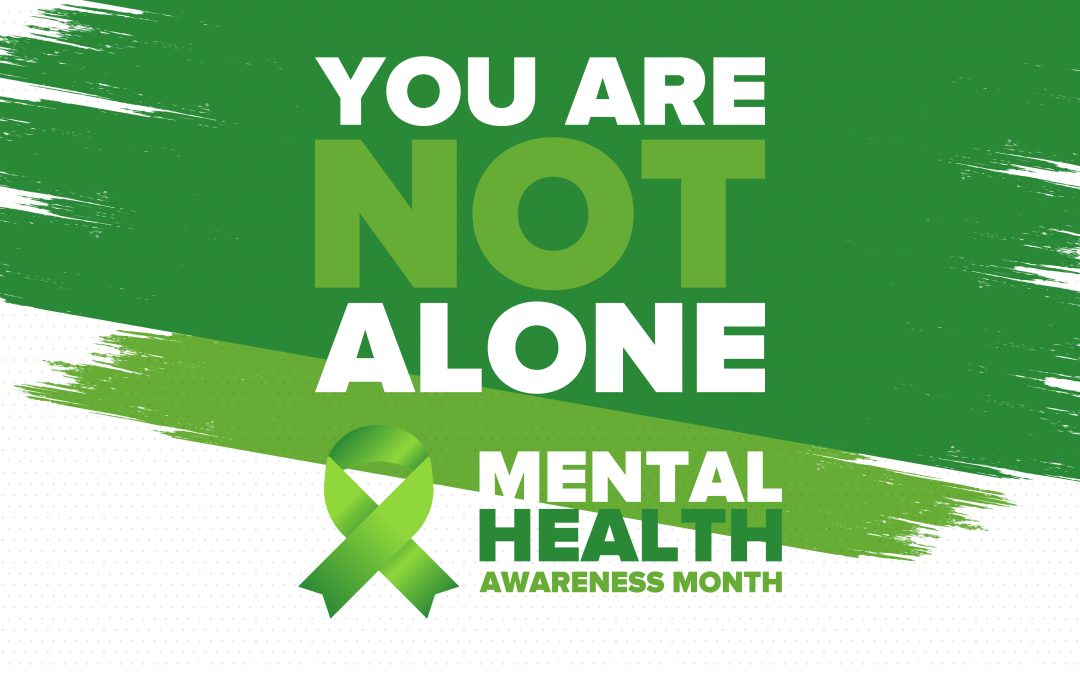1in5 campaign
The 1in5 campaign focuses on normalizing the need for mental health resources and removing barriers for those who want to access care. Starting the conversation regarding these significant yet treatable issues also opens the door to providing support.
During the month of May, we provide relevant information on various mental health topics each week. This week’s topic is anxiety. Read on to understand the difference between occasional worry and anxiety.
Navigating anxiety
Anxiety is a natural response to stress, nervousness or fear about the future. While it is typical to experience anxiety occasionally, when it begins to impact your life — such as your personal health, relationships or performance at work — seeking help can provide timely relief. When you feel anxious, you may experience an increased heart rate, hyperventilation, difficulty focusing and an overall feeling of danger, panic or dread.
There are many types of anxiety disorders as well as many causes. Some causes of anxiety include:
- Traumatic experiences
- Stressful environments
- Genetics
- Certain medical conditions, such as heart disease, diabetes or thyroid issues
- Chronic stress
The way each person experiences anxiety is also unique. For some, anxiety occurs in social situations. For others, panic attacks may come suddenly and with intensity. Others may experience anxiety related to a specific animal, object or situation, also known as a phobia.
Luckily, many ways exist to prevent, cope with and treat anxiety. A few methods of anxiety prevention include:
- Staying active and exercising often
- Avoiding alcohol and drug use
- Practicing regular self-care and relaxation techniques
As with most mental health concerns, working with a mental health professional is best. Three main approaches are often used: talk therapy, medication and relaxation training. The good news — anxiety treatment is quite effective, and many people experience a reduction or elimination of symptoms in just a short time.
Meditation can have a positive impact on your emotional and physical health. Meditating regularly can help you feel less stressed and improve your sense of wellbeing. Your SupportLinc EAP Meditation toolkit helps you get started with meditation lessons, tip sheets and more.
Help is available
As always, your EAP is available 24/7/365 to provide advocacy and resources to support various mental health concerns such as depression, anxiety, stress, work-related pressures, relationship issues or substance use. Call 888-881-5462 or visit https://psh.mysupportportal.com.
Source: SupportLinc EAP; National Alliance on Mental Illness (NAMI).

